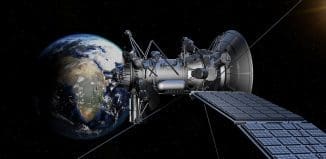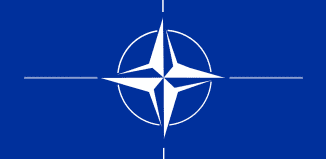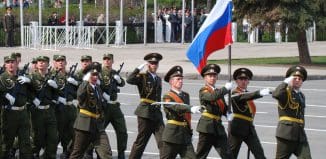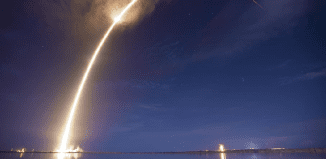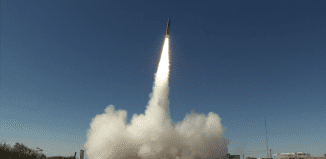NATO resolve needed to counter Russian threat
This post is also available in:  עברית (Hebrew)
עברית (Hebrew)

According to Riki Ellison, chairman of the MDAA (Missile Defense Advocacy Alliance) the great threat today to NATO forces comes from Russia. Russia is currently moving to increase its short-range missile capability , and in addition to the S-300 and S-400 air defense systems it has stationed in Kaliningrad and along its border in Ukraine, it presents a major concern for NATO countries.
Among other things there is Russia’s growing tendency to violate NATO airspace. It often flies its military aircraft over NATO airspace, particularly the airspace of NATO member countries Latvia, Estonia, Lithuania as well as half of Poland and half of Romania. Russia has, at times, demonstrated its capability of denying access to this entire airspace.
With the current situation in Ukraine and the way it has evolved, there is great concern that the Baltic NATO members are vulnerable to Russian intimidation and influence, which is in practice undermining their national sovereignties.
Ellison calls for resolve on the part of NATO to protect and deter these breaches of its collective security, and says a major part of this NATO resolve should manifest in the deployment and acquisition of air and missile defense forces. This must be done, he says, by both the NATO member countries facing the threats directly and other members of NATO, contributing air and missile defense capabilities.
The first step should be the moving of NATO air and missile defenses into those specific five NATO countries. NATO must demonstrate its resolve to protect its airspace by ‘showing their hand’, so to speak, and conduct military exercises in clear view of Russian binoculars.
The European Phased Adaptive Approach (EPAA) approved by President Obama in 2009, was not designed or deployed to defend NATO and those specific five threatened NATO countries. What we have now, Ellison concludes, is a worrying gap of capability by NATO countries, to provide the necessary resources, manpower and systems, and not least the will, to counter and deter the short-range air and missile threats from Russia.




